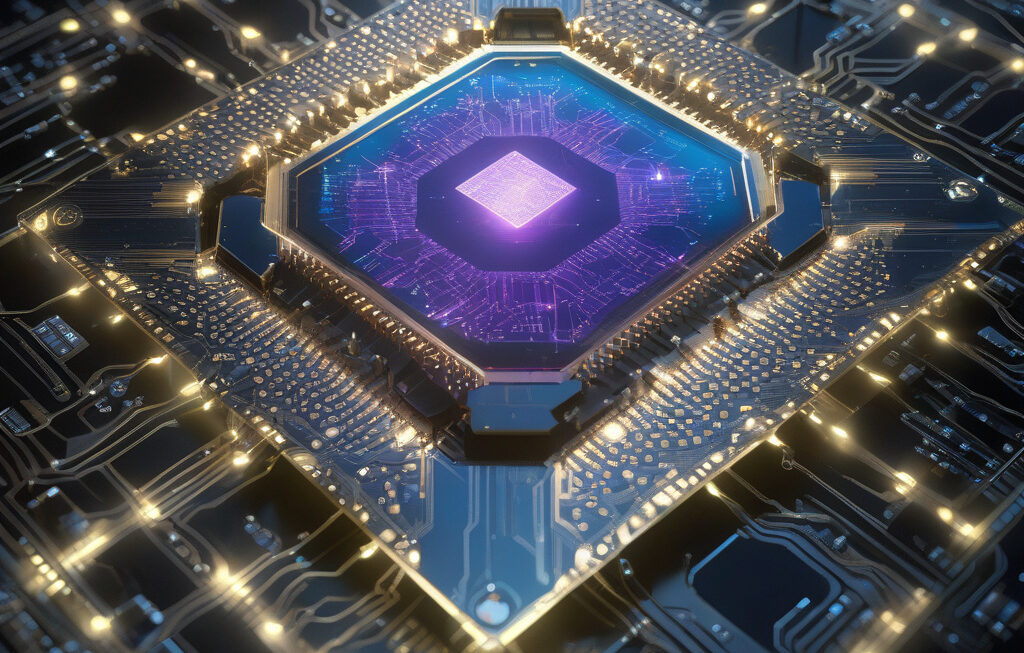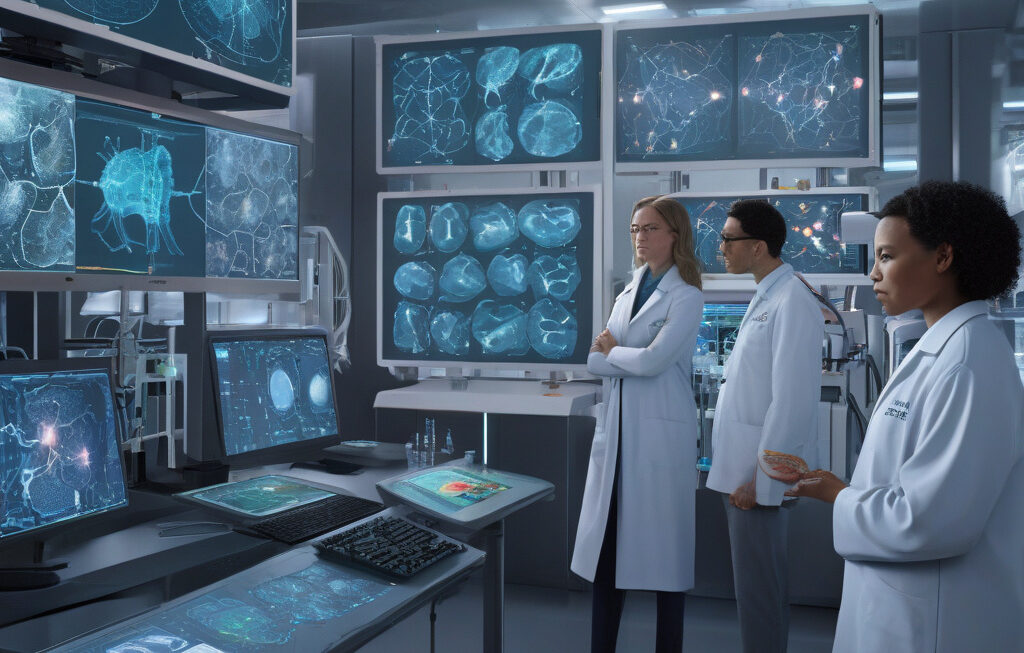Judge Rules in Favor of Musk: Parts of Lawsuit Against OpenAI Allowed to Proceed to Trial
Elon Musk, the renowned entrepreneur and CEO of Tesla and SpaceX, is once again making headlines. This time, it’s not for his ambitious projects in space exploration or electric vehicles but for his legal battle against OpenAI, the artificial intelligence research lab he co-founded in 2015. Musk has been challenging OpenAI’s recent decision to transition to a for-profit model, arguing that it contradicts the organization’s original mission and founding principles.
The lawsuit, filed by Musk’s legal team, alleges that OpenAI’s shift to a for-profit entity could compromise its commitment to advancing AI research for the betterment of humanity. Musk, known for his vocal warnings about the potential dangers of artificial intelligence, has been a strong advocate for responsible AI development. By suing his own creation, Musk is once again emphasizing the importance of ethical AI practices and the need to prioritize societal benefits over financial gains.
Recently, a judge made a significant ruling in Musk’s favor, allowing certain parts of the lawsuit against OpenAI to proceed to trial. This decision signifies a crucial development in the ongoing legal dispute between Musk and the organization he helped establish. While OpenAI has defended its decision to become a for-profit entity as a necessary step for sustainability and growth, Musk remains steadfast in his belief that commercializing AI could have far-reaching consequences.
Musk’s concerns are not unfounded. As artificial intelligence continues to advance at a rapid pace, ethical considerations around its development and deployment become increasingly critical. Issues such as bias in AI algorithms, privacy concerns, and the potential for AI to outpace human control are valid reasons for stakeholders, including Musk, to raise alarms about the direction of AI research.
Moreover, the clash between Musk and OpenAI underscores a broader debate within the tech industry about the balance between innovation and responsibility. While commercialization can drive innovation and attract investment, it also raises questions about accountability and the impact of technology on society. Musk’s lawsuit serves as a reminder that technological progress should always be guided by ethical frameworks and a commitment to the common good.
As the legal proceedings unfold, the outcome of Musk’s lawsuit against OpenAI will undoubtedly have implications for the future of AI research and development. Whether the trial leads to a settlement or sets a precedent for how AI organizations navigate the tension between profit and purpose remains to be seen. What is clear, however, is that Musk’s stance against OpenAI’s transition to a for-profit model has sparked a crucial conversation about the ethical responsibilities of tech companies in the age of artificial intelligence.
In conclusion, Musk’s legal battle against OpenAI marks a pivotal moment in the intersection of technology, ethics, and business. By challenging the organization he co-founded, Musk is championing a vision of AI that prioritizes societal impact and ethical considerations. As the case moves forward, the tech industry and beyond will be watching closely to see how this high-profile dispute shapes the future of AI innovation.
Elon Musk, OpenAI, Artificial Intelligence, Ethics, Innovation












